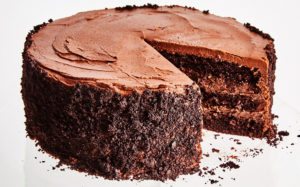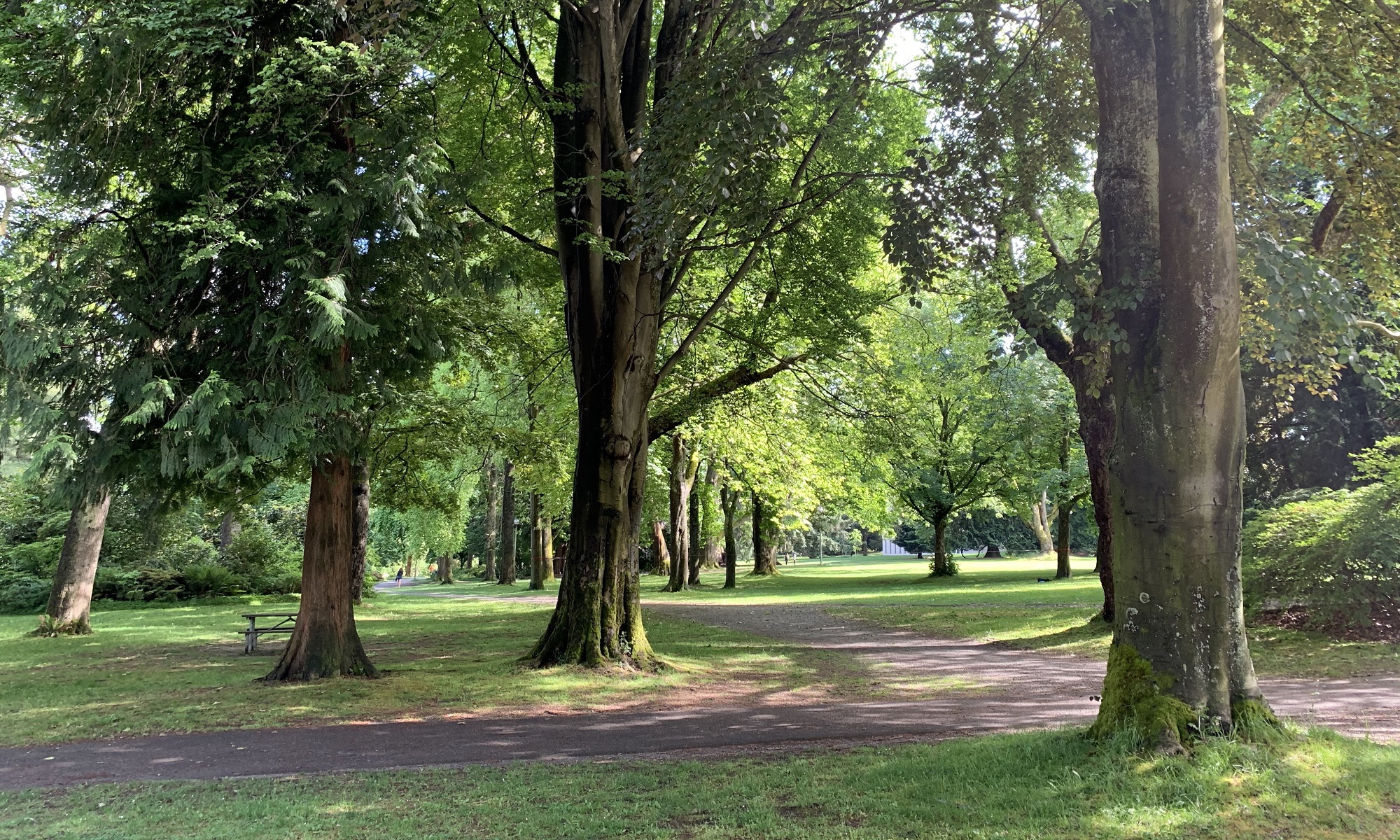Weeks ago, the administration decided that the public needs cake and deserves cake, and so shall have cake.
Now, the public expects cake and would be very annoyed if its cake was taken away at this point.
– John P. Moore, a virologist at Weill Cornell Medicine

[Photo of Blackout Cake by Alex Lau, food styling by Judy Mancini]
Last Friday, a panel of experts recommended against booster shots for the broad public. Only people over 65, and those ‘at high risk’ qualify (compromised immune systems, workers such as hospital staff, teachers).
Did they have all the latest information, though? Here’s Sharon LaFraniere and Noah Weiland writing for the New York Times (about the discussion on Friday Sept. 17 by the panel of experts that advise the FDA):
One study apparently came too late for the discussion, underscoring the rapid flurry of changing data on vaccine potency. Released by the C.D.C. hours before the committee’s vote, it found that the Pfizer vaccine’s level of protection against coronavirus hospitalizations dropped significantly four months after the second shot.
The study found that two weeks to four months after recipients got their second dose, the Pfizer vaccine was 91 percent effective in preventing hospitalization. After 120 days, though, its effectiveness fell to 77 percent. Moderna’s vaccine showed no comparable decrease in protection over the same time frame. The vaccinated patients in the study tended to be older; the Pfizer cohort had a median age of 68.
